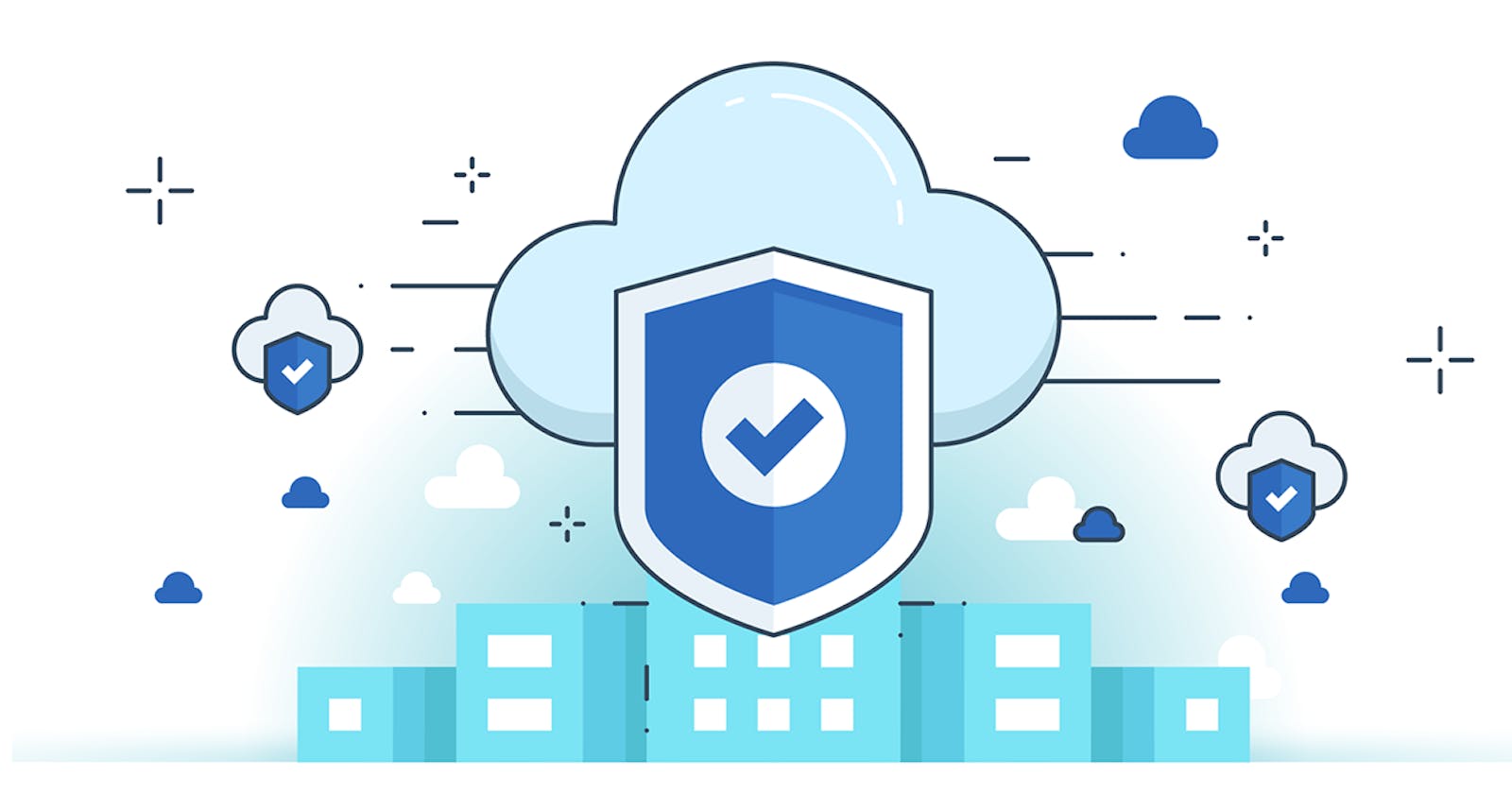Introduction
In today's digital age, cloud computing has revolutionized the way businesses operate. However, with the increasing reliance on cloud technology, the risk of cyber-attacks and data breaches has also escalated. This blog discusses the importance of cloud security and the measures that organizations can adopt to mitigate potential risks.
As businesses continue to embrace digital transformation, cloud computing has become an indispensable tool for enhancing operational efficiency, cost savings, and scalability. However, with the benefits of cloud adoption come certain risks, the most significant of which is cybersecurity. As more and more organizations move their data and applications to the cloud, cybercriminals are devising new ways to exploit vulnerabilities and gain unauthorized access to critical information. In this blog, we discuss why cloud security should be a top priority for businesses in today's digital landscape.
Why Cloud Security Matters:
The cloud presents unique security challenges, which make it more vulnerable to cyber threats. Even with the most sophisticated security tools, there is no guarantee that your organization's data is completely protected. The following are some reasons why cloud security should be taken seriously:
1. Data Breaches: Data breaches can be extremely costly for businesses, both in terms of financial losses and reputation damage. The cloud is a prime target for cybercriminals as it stores vast amounts of valuable data that can be exploited for monetary gain.
2. Compliance: Different industries have different compliance requirements. For example, healthcare organizations must comply with HIPAA regulations, while financial institutions need to adhere to PCI DSS standards. Cloud security is critical to ensuring compliance with these regulations.
3. Shadow IT: Shadow IT refers to the unauthorized use of cloud services by employees. This could be due to a lack of awareness about company policies or simply because they find it easier to use personal accounts. This can lead to security breaches as sensitive data is stored on unsecured cloud services.
Measures to Enhance Cloud Security:
Businesses must adopt a multi-layered approach to cloud security to mitigate potential risks. Here are some essential measures that organizations can take to enhance cloud security:
1. Encryption: Encryption is the process of translating data into a code that is unreadable without the decryption key. Adopting encryption technology can help protect sensitive data from unauthorized access.
2. Access Control: Access control mechanisms are used to restrict access to cloud resources. Implementing strong authentication protocols and limiting access privileges can help prevent unauthorized access.
3. Continuous Monitoring: Continuous monitoring is essential to detect and respond to any security threats promptly. Real-time monitoring of cloud activity is necessary to identify any anomalies and take corrective action.
Summarization:
In summary, cloud security is a critical component of any organization's cybersecurity strategy. With the increasing reliance on cloud computing, it is more important than ever to adopt measures that can enhance cloud security. Encryption, access control, and continuous monitoring are just a few of the essential measures that businesses can adopt to mitigate potential risks. By prioritizing cloud security, businesses can not only protect their valuable data but also maintain their reputation and stay compliant with industry regulations.
